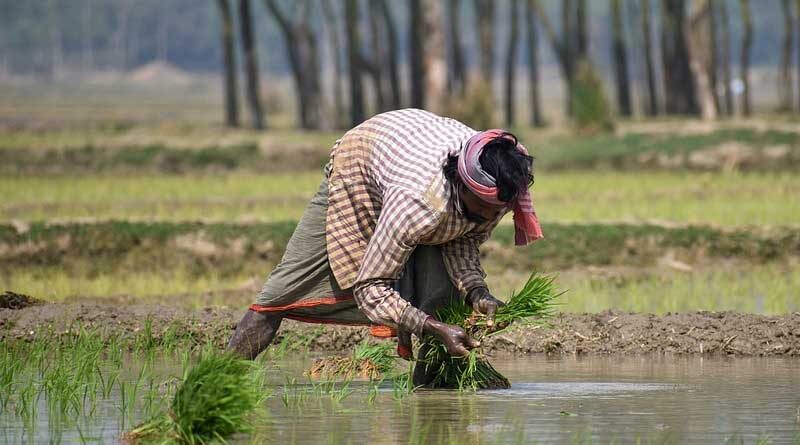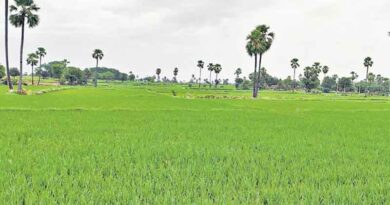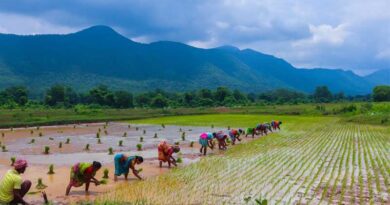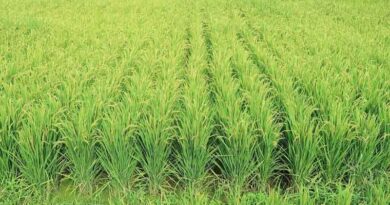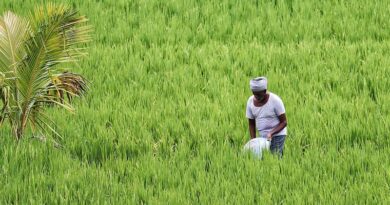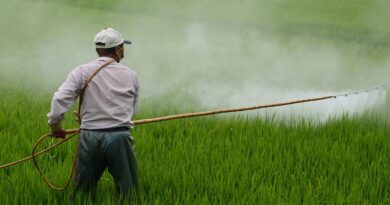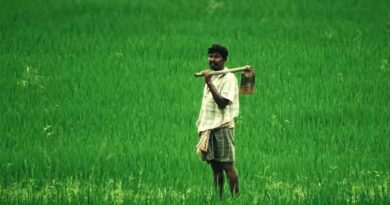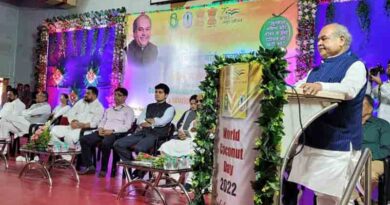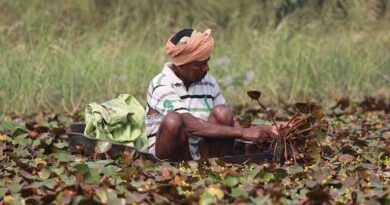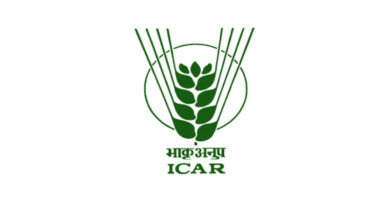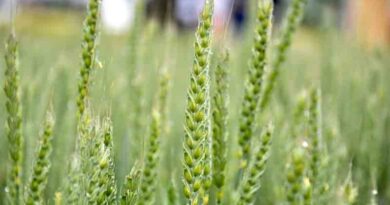How is the Indian Government preparing for adverse effects of climate change on agriculture
02 January 2023, New Delhi: The Indian Council of Agricultural Research (ICAR) launched a flagship network project to study the impact of climate change on agriculture. This includes crops, livestock, horticulture, and fisheries and will develop and promote climate-resilient technologies in agriculture.
Under this program, the pest dynamics concerning climate change under field conditions were studied through database development on diseases, insect pests, and the weather of crops of importance across 12 agro-climatic zones.
ICAR has developed climate-resilient varieties in different crops tolerant to diseases and insect pests. Since 2014, a total of 1,752 climate-resilient varieties were developed which include 1,352 resistant to diseases and insect pests. Besides, sixty-eight location-specific climate-resilient technologies have been developed and popularized for wider adoption among farming communities.
Climate change plans for districts
Agricultural contingency plans for 650 districts have been prepared. Based on vulnerability assessment, climate-resilient technologies are being demonstrated on farmer’s fields in 151 clusters covering 446 villages.
ICAR has also developed ICT-based pest surveillance for data accrual; Location-specific weather-based models (rule-based & empirical) to predict the pest status; Digital tools of pest forecasting (web and mobile apps on Pestpredict); Mobile apps on integrated pest management of target crops including insecticide and fungicide calculators and forecast modules.
Managing Desert Locust
Desert Locust (DL) is a transboundary migratory pest. It can fly hundreds of kilometers collectively in swarms. Recent locust attack reported in India during 2019-20 and 2020-21 is an example of large-scale locust upsurge after a gap of 26 years.
To deal with the problem of locust swarms, the Government of India has established Locust Circle Offices, 8 in Rajasthan and 2 in Gujarat, one Locust Warning Organization (LWO) at Jodhpur, one Field Station for Investigation on Locust (FSIL) at Bikaner. Being a global transboundary migratory pest, the Department coordinates with the Food and Agriculture Organization (FAO) and South West Asia Commission (SWAC) for the exchange of information on the actual status, movement, and control of the locust.
Forewarnings and advisories were issued regularly and management strategies were communicated in advance through different communication modalities to the farmers of affected areas. The chemicals were made available in time and the various modes, which inter alia included helicopters, drones, and different types of machinery like tractors and pickup vehicles installed with the latest spray pumps, were used to spray chemicals.
Also Read: Insecticides (India) launches new fungicide ‘Stunner’ for Downy Mildew disease in Grapes
(For Latest Agriculture News & Updates, follow Krishak Jagat on Google News)

